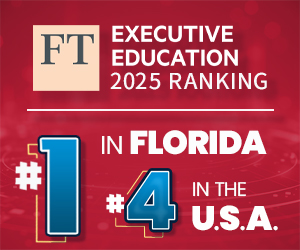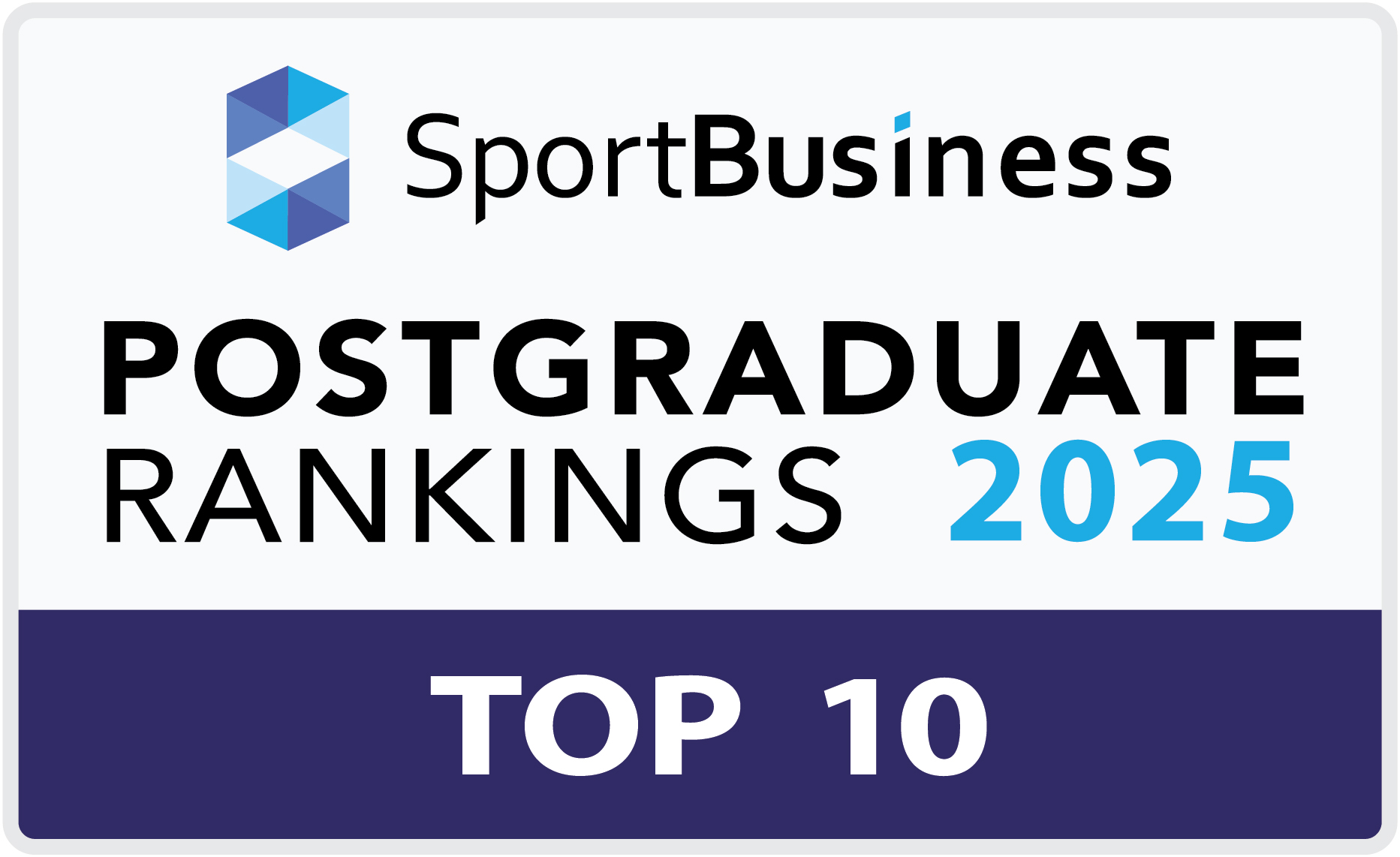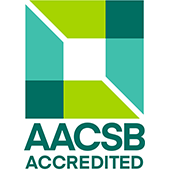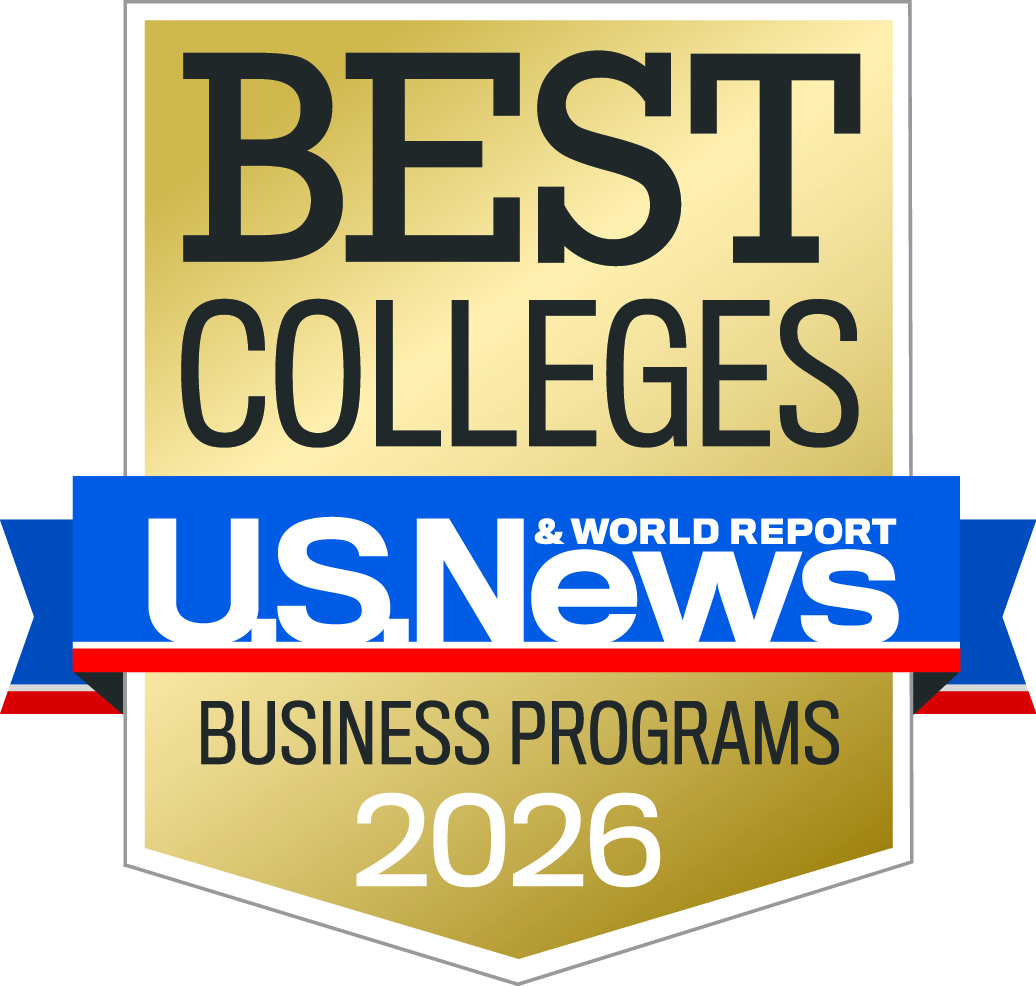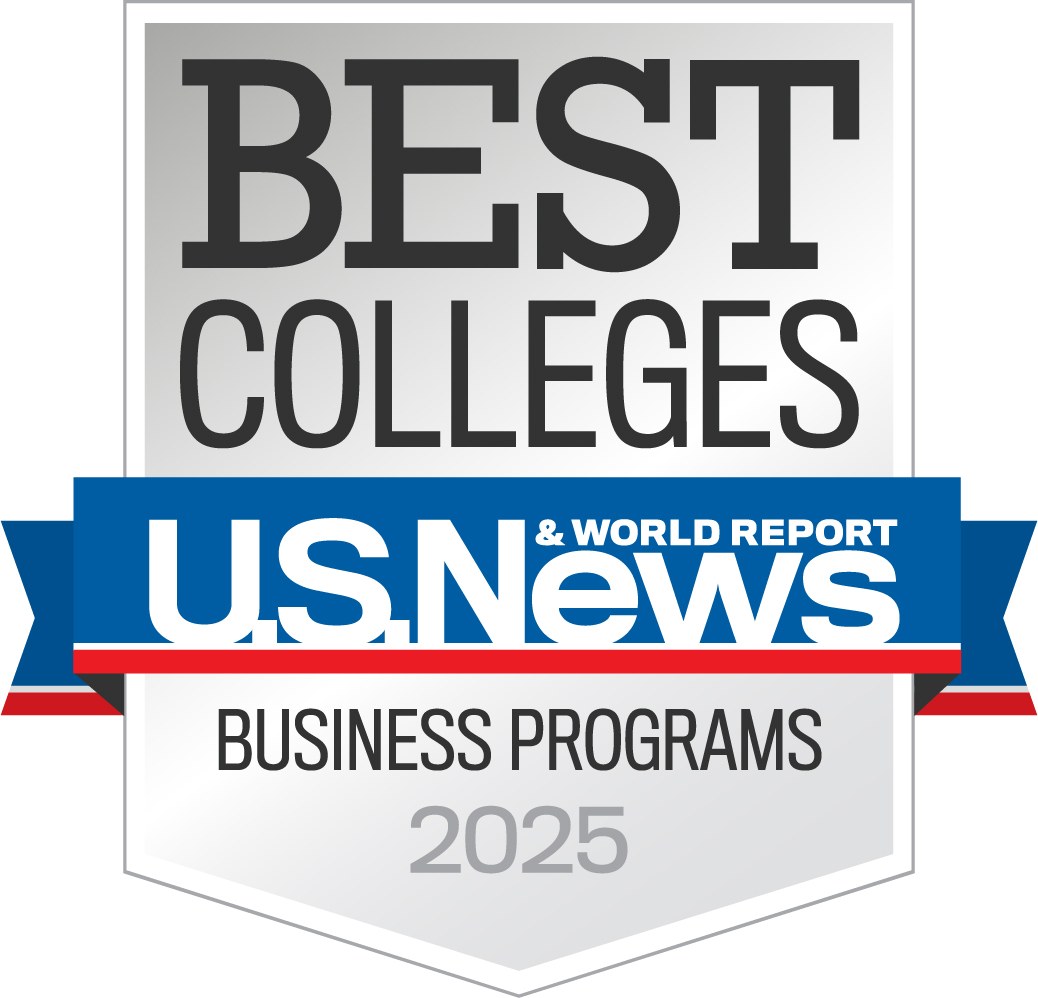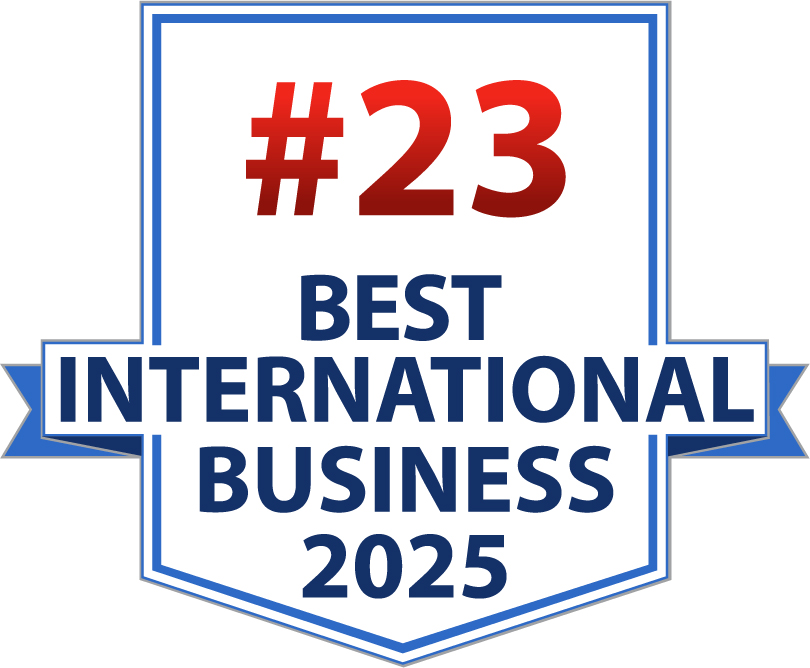Curriculum
The Professional Master of Science in Supply Chain Management (MSSCM) is a 30-credit program consisting of coursework centered on supply chain management. Courses focus on shipping, trade and port management, and technology and business analytics, which are important for the local and national economies, especially those connected to the global trade community. *Software/tools used in courses (subject to change).
|
Required Coursework - 10 courses (30 credits) |
||
|
Core Curriculum - 9 courses (27 credits) |
||
|
Communication Strategies for Business Professionals (GEB 6217) (3 credits) |
Writing and speaking strategies linked to (1) critical thinking for problem analysis/solution and persuasive proposals and (2) research for decision-making. Students submit papers and presentations from core courses. |
|
|
Strategic Logistics & Distribution Management (SCM 6276) (3 credits) |
The course is designed to provide students with an understanding of the methods and tools used by today’s logistics managers. An applied, problem-solving approach will be used as the learning focus. Course coverage includes the design of channels of distribution, management of inventory, evaluation of transportation alternatives, information flows, facility location, outsourcing, and the rapidly expanding field of logistics information technology. |
|
|
Strategic Procurement (MAN 6573) (3 credits) |
This course introduces students to the subject of managing supplier relations and purchasing activities. Topics covered include supplier selection, vendor pricing, materials quality control, value analysis, make-or-buy, speculation and hedging, and international sourcing as well as the legal and ethical constraints faced by purchasing practitioners. |
|
|
Operations Management (MAN 6501) (3 credits) |
Introduces the major managerial problems and decision processes of operations management. Includes design of operations: planning, scheduling, quality management, systems analysis and evaluation, resource allocation, and inventory management. Integration of operations management with other functional areas. *Microsoft Excel, Solver Add-in |
|
|
Business Process Improvement Management (MAN 6525) (3 credits) |
Covers leading concepts of business process improvement management in manufacturing and services.Introduces the tools and techniques of process improvement management. Includes a focus on Six Sigma Quality, Process Capability, Process Control, Business Process Reengineering, and Service Quality. An emphasis on theory-led real-world solutions is provided. |
|
|
International Shipping, Trade, and Port Management (MAN 6565) (3 credits) |
Covers the management of daily shipping operations is covered for both liner and bulk trades. Discusses business strategy and development in shipping, considering shipping cycles and implications for chartering and brokering in the bulk trades as well as operations for liner shipping and containerization. Addresses the role of ports and container terminals in global supply chains. | |
|
Supply Chain Management (MAN 6596) (3 credits) |
Provides an understanding of key issues, mechanics, and developments in sourcing and supply chain management. Explores the connection of supply chain network to all of the value activities that plan, control, and supply interim and finished product services to customers. *Microsoft Excel, Solver Add-in |
|
|
Data Management & Analysis with Excel (QMB 6303) (3 credits) |
Solve research and business problems by leveraging the most powerful productivity tool, Excel. Curation, management, analysis, and visualization of information and data are covered by using PowerView, Vlookup, charts, pivot tables, scenarios, functions, macro programming etc. *Microsoft Excel |
|
|
Supply Chain Analytics (QMB 6616) (3 credits) |
Advances skills in modeling and optimization techniques for the analysis of strategic, tactical and operational supply chain problems. Problems range from inventory management, distribution planning and facility location to risk management and global sourcing. |
|
|
Elective - 1 course (3 credits). Select (1) of the following Elective courses: |
||
|
Data Mining & Predictive Analytics (ISM 6136) (3 credits) |
Introduces the core concepts of data mining (DM) and its techniques, implementation and benefits. Identifies industry branches that most benefit from DM, such as retail, target marketing, fraud protection, health care and science, and web and e-commerce. Detailed case studies and using leading mining tools on real data are presented. *Analytical Solver Platform (XLMiner) & Rapid Miner |
|
|
Database Management Systems (ISM 6217) (3 credits) |
Development of well-formed databases to manage data from initial database design to implementation and query. Applies database management tools and techniques such as data security for use in businesses and government. Available only to graduate students lacking an undergraduate course in database management systems. |
|
|
Introduction to Business Analytics and Big Data (ISM 6404) (3 credits) |
Provides an understanding of the business intelligence and business analytics processes and techniques used in transforming data to knowledge and value in organizations. Students also develop skills in analyzing data using generally available tools (e.g. Excel). *Microsoft Excel & Tableau |
|
|
Advanced Business Analytics (ISM 6405) (3 credits) |
An in-depth examination of business analytics methods of visualization, data mining, text mining and web mining, using various analytical tools. In a laboratory setting, investigates applications for smaller firms. *Python, R & MySQL Workbench |
|
|
Business Innovation with Artificial Intelligence (ISM 6427C) (3 credits)
|
Provides a business perspective of artificial intelligence (AI) and other emerging technologies as drivers of innovation in businesses. Students learn how AI is used in practice across organizations and industries, how to plan, manage and maintain AI projects, and how to address the AI challenges and implications for the organization and society. *IBM Watson Studio; IBM Cloud |
|
|
Blockchain & Crypto Assets: Digital Business Transformation (ISM 6455) (3 credits)
|
Digital transformations encompass all organizations, business sectors and society. This course provides a critical understanding of transformative technological innovations such as blockchain, cryptocurrency, NFT and other crypto products, and how they evolve business and society. Business strategies are discussed in the context of these innovations. Appropriate for all business disciplines. |
|
|
Web-Based Business Development (ISM 6508) (3 credits)
|
Develops skills for launching and managing web-based businesses. Students complete a business plan for starting an online business of their choice. Additional topics include evaluating current web-based business opportunities, online entrepreneurship, web-based venture financing and e-business operations. |
|
|
Social Media & Web Analytics (ISM 6555) (3 credits)
|
Covers concepts and techniques for retrieving, exploring, visualizing and analyzing social network and social media data, website usage and clickstream data. Learn to use key metrics to assess goals and return on investment and perform social network analysis to identify important social actors, subgroups, and network properties in social media. *Google Analytics, Similarweb, OpenTracker, Facebook Insights |
|
|
Project Management (MAN 6581) (3 credits)
|
Provides a strong foundation in the planning and control of projects. Addresses specific operational issues related to projects in areas such as process re-engineering, new product development, enterprise resource planning, and software development are addressed. Other topics included are project risk management, critical chain project management, contingency planning, and the balanced scoreboard. |
|
